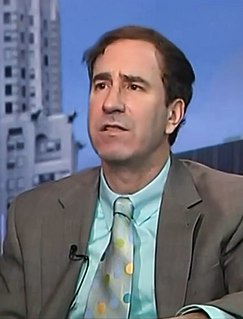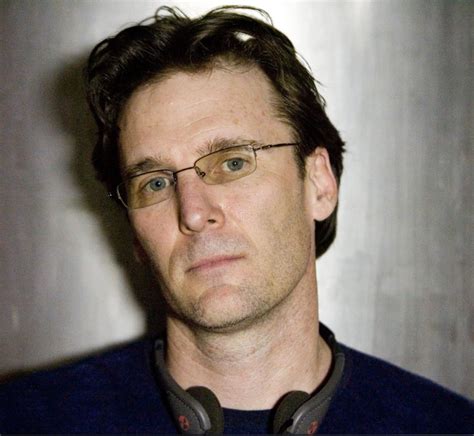A Quote by Ed Gass-Donnelly
I often think off-screen horror is more effective, it's the fear of what is lurking around the corner, just out of sight, that can leave you on the edge of your seat.
Related Quotes
Anyone can do shock value. Develop enough tension and cue the music right, then have something jump out: It's almost impossible not to jump in your seat. But that doesn't leave any effect on you when you leave the movie theater. To me, the best horror is psychological horror. The Exorcist, The Shining, The Omen, things that kind of stick with you long after you've seen them. It's what you don't see. It's letting the audience think a little bit, not spelling it out for them. Giving them credit for using their own imaginations rather than sticking in gags and tricks.
Much-Afraid, don't ever allow yourself to begin trying to picture what it will be like. Believe me, when you get to the place which you dread you will find that they are as different as possible from what you have imagined, just as was the case when you were actually ascending the precipice. I must warn you that I see your enemies lurking among the trees ahead, and if you ever let Craven Fear begin painting a picture on the screen of your imagination, you will walk with fear and trembling and agony, where no fear is.
Think of a fine painter attempting to capture an inner vision, beginning with one corner of the canvas, painting what she thinks should be there, not quite pulling it off, covering it over with white paint, and trying again, each time finding out what her painting isn't, until she finally finds out what it is. And when you finally do find out what one corner of your vision is; you're off and running.
I think present-day reason is an analogue of the flat earth of the medieval period. If you go too far beyond it you're presumed to fall off, into insanity. And people are very much afraid of that. I think this fear of insanity is comparable to the fear people once had of falling off the edge of the world. Or the fear of heretics. There's a very close analogue there.





































